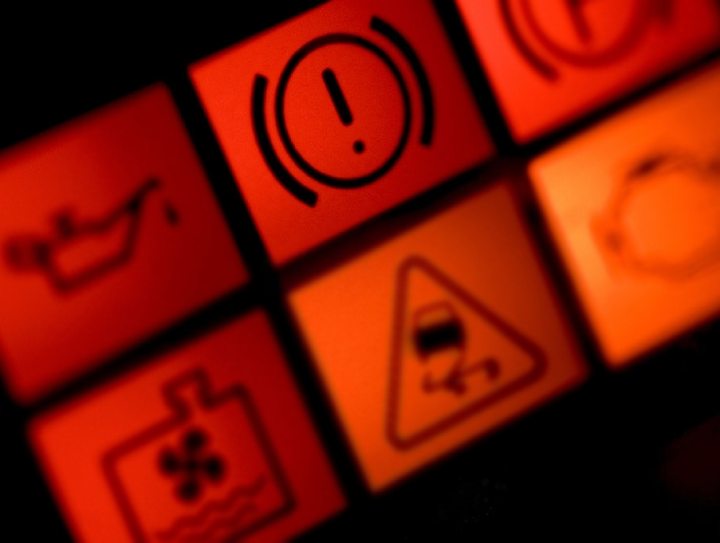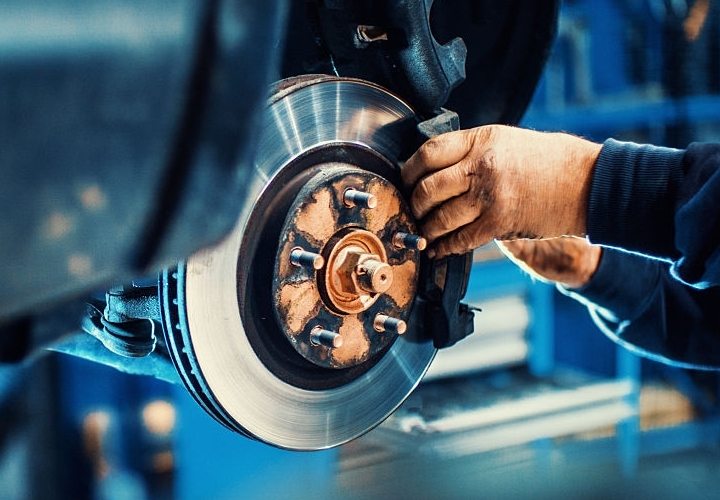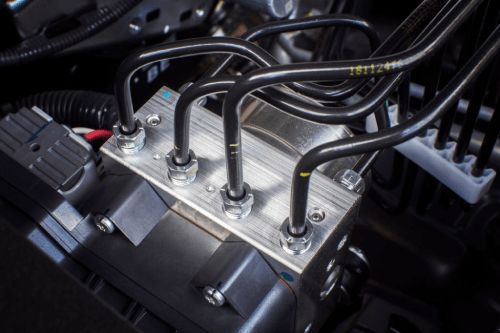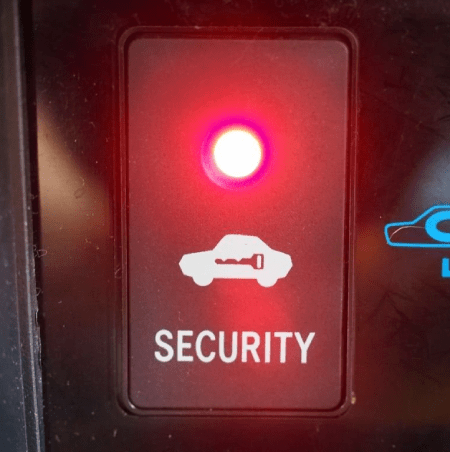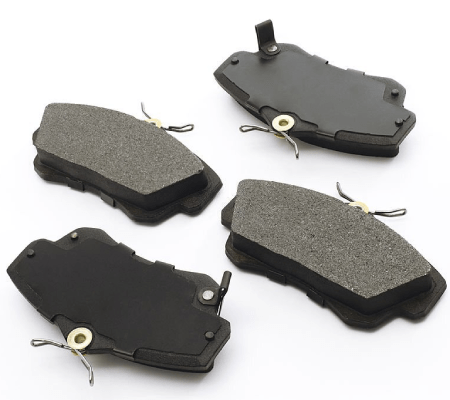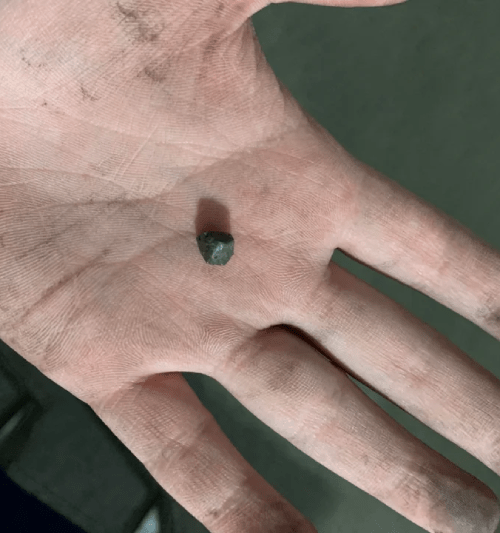Whether or not you have to bleed your brakes after changing pads can depend on several factors.
While it is not always required, bleeding your brakes is recommended after changing your pads or rotors. If your mechanic opens the bleeder valve, you will need to bleed your brake lines for sure. On average, bleeding your brakes will cost around $75 – $100. Keep in mind that this can vary depending on the age, model and make of your car.
Keep in mind that bleeding and flushing your brakes does not mean the same thing. If you want to find out the differences, keep reading.
In this article, I will cover when, why, and how to bleed your brakes after replacing your braking pads.
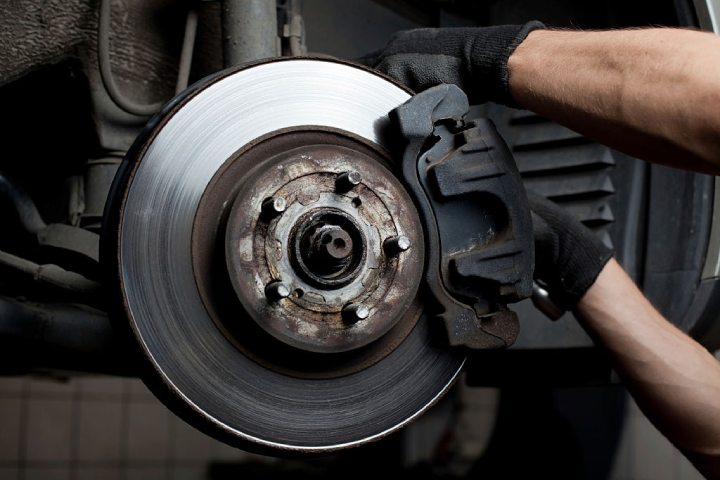
Most of the time, when a car rolls into the shop for pads replacement, I get asked by the customer if it is necessary to bleed their brakes. While I understand that this can save a couple of bucks, it is not always a waste of money.
Furthermore, every car manufacturer recommends having your brake fluid changed if you haven’t done so for a while.
Most car manufacturers suggest performing a brake fluid change every 24 months, as a preventive maintenance method for your braking system.
Remember, the braking system is one of the most important safety components of your vehicle.
It can also depend on how your car mechanic is replacing the pads. To prevent any damage to the brake master cylinder, some technicians prefer to open the bleeder valve and push the caliper back in when they are done.
In this situation, you will absolutely need to bleed your brakes.
However, some models allow squeezing the caliper back in without opening the bleeder valve. In this situation, it is possible to skip bleeding your brakes. But if your car manufacturer recommends changing your brake fluid, then I recommend you to follow suit.
Why do you need to bleed your brakes?
Have you noticed your brake pedal become more spongy lately? Is your car or truck taking longer to brake? You probably need to bleed your brakes.
The main reason for bleeding your brakes is to ensure you get any air bubbles out of the system. Air trapped into the system can result in corrosion of your braking components.
As your car ages, the brake fluid will age too and get contaminated. As a result, the boiling point will go down.
What does this mean for you? In simple terms, your car will have poor braking performance. In some cases, this can help avoid a crash.
The role of the fluid is to keep your braking system lubricated. As it deteriorates, your braking components will deteriorate as well, resulting in hefty bills.
Your car safety systems rely on clean fluid to function properly. The anti-lock braking system (ABS) and traction control will help your car stop straight in an emergency. Such modules will set you back a couple of hundred bucks if they break down.
It is always better to do regular maintenance work on your car than having to deal with replacing expansive parts.
How do you do it?
The easiest way to bleed your brakes is to drive your car to a repair shop and have a professional do it. They will have all the necessary tools and knowledge to ensure your car will not get damaged in the process.
You can even find mechanics who can come to your place if necessary.
However, if you feel confident you have the knowledge to do it, here is a step by step guide:
1. Locate the blake bleeder screw
You will need to jack up your car and check behind each brake for the bleeder screw, which looks like a nozzle.
2. Use a socket or wrench to loosen the screw
You will need a special wrench to loosen the screw, called a bleeder wrench. The reason for this is to avoid any damage to the screw. If you are having a difficult time loosening the screw, spray some lubricant such as WD40.
3. Connect a hose to the bleeding screw
You will need a small hose to connect to the screw, while the other end is placed in a small recipient.
4. Pump the brake pedal a couple of times
You will need to have a friend who will jump into the car and press the brake pedal a couple of times. This will help squeeze any brake fluid from the system.
Ask your friend to keep pressing the pedal while you tighten back the screw. Ask your friend to release the pedal when you are done.
Repeat this process 3 – 5 times to ensure no more bubbles come out of the system.
5. Locate and fill up your master cylinder
Add braking fluid to the correct level and then repeat the process described above.
6. Fill up master cylinder and drive
After you repeated the process for each wheel, you will need to fill up the cylinder one more time and drive the car around to ensure your brakes function properly.
What is the difference between bleeding and flushing your brakes?
The main reason for bleeding your brakes is to get any air out of your braking system. This will not get all the brake fluid out of the system.
On the other hand, flushing will ensure your brake fluid will be replaced with clean and fresh fluid. I recommend having your brake fluid completely changed every 2 years to ensure the longevity of your braking components.
How can it affect the car if you don’t do it?
Your car’s braking system can develop faults if you allow for air bubbles to get into the system. It is much better to pay $75 – $100 and have your brake line bled, than replacing the ABS module for example that can translate into several hundreds of dollars.
How often should you do it?
I would advise bleeding your brakes every time you change your braking pads or rotors. If it has been more than 2 years or 30,000 miles, I recommend flushing your braking fluid to prolong the life of your car components.
Can you do it at home?
If you have the knowledge and tools required, you can bleed your brakes on your front yard by yourself.
However, if things go wrong, you might need to spend more on repairs than you would have paid a certified mechanic to do it.
For some extra money, you can find mechanics willing to come to your place and work on the car.
By far, the easiest and most convenient way is to have your brakes bled when you change your brake pads/rotors, as this will also cost you a bit less.
Final thoughts
Owning a car or a truck can make your life easy or hard, depending on how well you maintain it.
Therefore, I always suggest my customers to take good care of their vehicles and their vehicles will take good care of them!
Resources
My name is Jeffrey Williams and I have been a car mechanic for over 35 years. I am currently working NYC Auto Repair Shop, in New York City and recently developed a strong passion about blogging. I decided to put together this blog where I will try and answer the most commonly asked questions I get on a daily basis from my customers.

